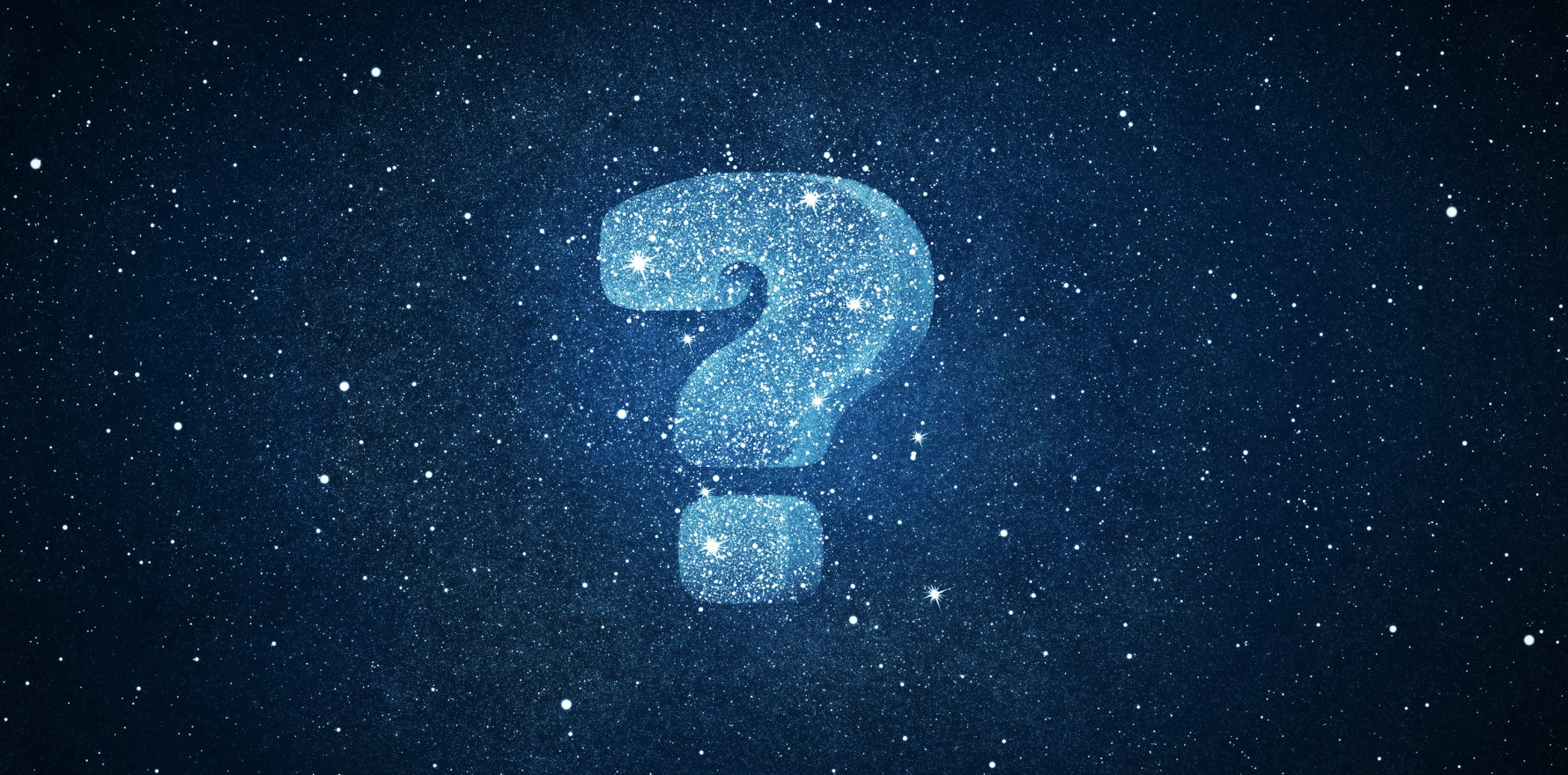How did we get to a place where current ideas cannot be challenged?
Words mean different things to different people.
The dictionary defines science as “knowledge of the physical or material world gained through observation, experimentation and systematic study”.
It is an ongoing process, not a belief system. History shows that what we know today can be disproven tomorrow. As doctors and scientists, we should be alarmed by, not supportive of, science being a belief system not a process of constant inquiry, premised on current ideas being wrong and needing to be proved right.
Somehow, we have arrived at a place where current ideas cannot be questioned. Researchers get no funding for studies questioning current positions in many areas. Thus, studies confirm rather than question. In turn, this is used to justify current thinking and the circle goes around again.
The case of Peter Ridd, the physicist who was disciplined for criticising colleagues’ work linking climate change to coral bleaching, currently awaiting judgment in the High Court, shows how far a university will go to stop questioning of current thinking.
Sadly, we have progressed little from the days of Galileo being imprisoned for questioning “the science” of the day. Today people are cancelled or sacked rather than imprisoned. But the message is the same: question those in charge at your peril.
It has been opined that rather than being a warning, some see George Orwell’s 1984 as an instruction manual. One of the keys to the success of The Party was its control of language and what people could and could not say. In the 11th version of the (1984) dictionary rather than invent new words, the aim was simpler.
As Syme tells Winston: “We’re getting the language into its final shape – the shape it’s going to have when nobody speaks anything else. We’re destroying words … we’re cutting the language down to the bone.”
The whole aim of Newspeak was to narrow the range of thought. In the end, thought crime would be impossible as there would be no words to express it.
In 2021, we have an increasing list of words that cannot be said, lest someone chooses to take offence, and a relentless drive to erase any history not conforming to a politically correct view of the world.
Ignatius Semmelweis was hounded out of medicine for questioning “the science” of his time for stating that hand washing after leaving a mortuary reduced puerperal fever and maternal mortality.
Today, regulators threaten and prosecute doctors questioning the opinion of other doctors if those doctors are public health officials.
The Great Barrington Declaration argues for a more nuanced approach than mask mandates and snap lockdowns. Support is likely far greater than the near 60,000 signatory doctors and scientists. Does that make them correct? Not necessarily. It reminds us there are always differing opinions on management of medical issues.
Nearly 18 months into covid-19, we can compare the results of different approaches in different jurisdictions. There is no clear correlation between lockdown severity and cases or mortality. This should interest us.
The Medical Republic recently published a review on the evidence behind ivermectin. The conclusion is we don’t know if it helps or not. Fair enough. However, there have at least been studies. The same cannot be said for 5km rules or wearing masks when running by yourself outdoors.
During SARS those promoting masks faced penalties. Do we know what has changed?
Studies on hydroxychloroquine were also contradictory. It was banned in some countries and used in others.
Evidence tends to be contradictory, influenced by study design, who does it, who funds it and how data is analysed. It is arguably as much an “art” as “science” – a bit like the practice of medicine.
That the virus leaked from the Wuhan Institute of Virology is gaining increasing support (also reported in The Medical Republic). Let’s be honest. The only reason the theory was not pursued last year was because Donald Trump supported it. Thus, in the minds of many it had to be wrong. This approach is about as far removed from scientific inquiry as one can get.
Rather than “believing the science”, we must use science to question our beliefs.
Lastly, let’s not forget that those making the rules are not affected by them. No politician or bureaucrat has lost their job or a cent in pay during this pandemic. Some have even received pay increases. Working from home saves them travel time, too.
Would the world be a different place if those making decisions were personally adversely affected by them?
Dr Joe Kosterich is a GP based in Perth. For more, go to www.drjoetoday.com.


